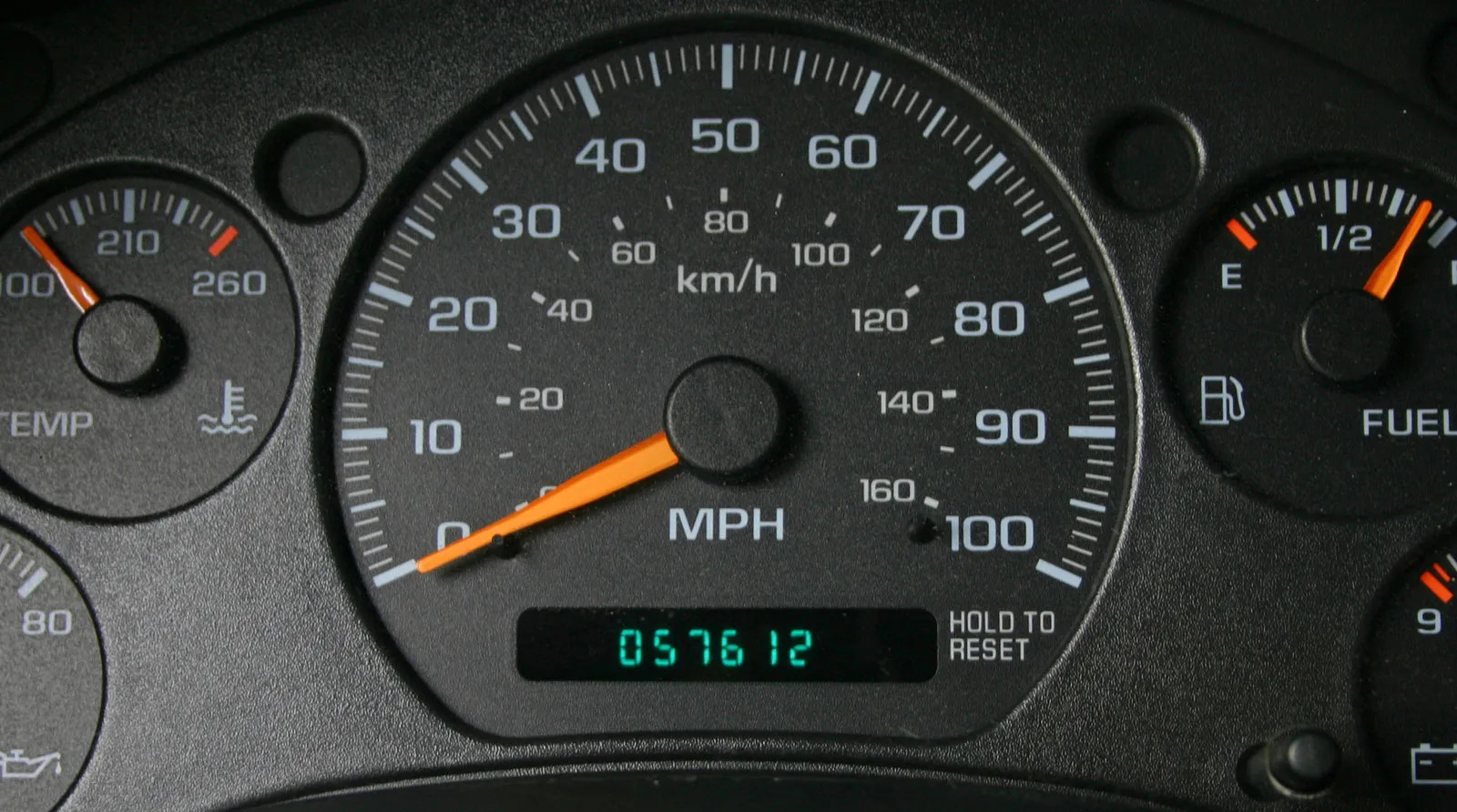
Odometer Rollback and how to spot it
You'd think that with the advent of digital odometers, odometer fraud would be a thing of the past. Sadly, this isn't the case. An odometer rollback is still a prevalent issue in the used car market, with serious repercussions for unsuspecting car drivers.
The Problem of Odometer Rollback
Odometer rollback is a fraudulent activity that occurs when the mileage on a vehicle's odometer is tampered with to show a lower number than the actual miles driven. This deceitful practice is often done by dishonest sellers to make a vehicle appear to be in better condition than it actually is. Odometer fraud is illegal and can have serious consequences for both buyers and sellers.
How Odometer Rollback Works
There are several ways in which odometer rollback can be done. One common method is to physically tamper with the odometer's gears or circuitry to decrease the mileage displayed. Another method is to use a device called an "odometer correction tool" that can alter the digital mileage stored in the vehicle's computer system.
Consequences of Odometer Rollback
For buyers, odometer rollback can lead to purchasing a vehicle that has more wear and tear than they were led to believe. This can result in unexpected maintenance costs and safety issues. Additionally, a vehicle with lower mileage may have a higher resale value, leading buyers to pay more than the vehicle is actually worth.
For sellers, committing odometer fraud can result in legal repercussions, including fines and jail time. In some cases, sellers may also be required to compensate buyers for any losses incurred due to the fraudulent activity.
Preventing Odometer Rollback
There are several ways to protect yourself from falling victim to odometer rollback. One key precaution is to conduct a thorough inspection of the vehicle, including checking for signs of tampering on the odometer and comparing the mileage displayed with the vehicle's maintenance records.
It is also recommended to request a vehicle history report, which can provide insight into the vehicle's past ownership and any potential issues with the odometer reading. Finally, if you suspect odometer fraud, you can report the seller to the appropriate authorities, such as the Department of Motor Vehicles or the National Highway Traffic Safety Administration.
Conclusion
Odometer rollback is a serious problem that can have detrimental effects on both buyers and sellers. By being vigilant and taking necessary precautions, consumers can avoid falling prey to this fraudulent activity and protect themselves from the consequences of odometer fraud.
